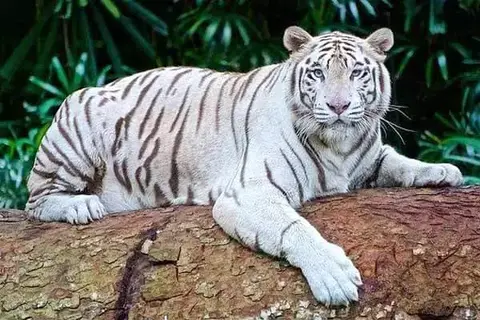Huskamute Information – About The Breed And Faqs
Evelyn StarHuskamutes, or Alaskan Huskies, are a relatively new type of snow dog, created from crossing Alaskan Malamutes with Siberian Huskies.
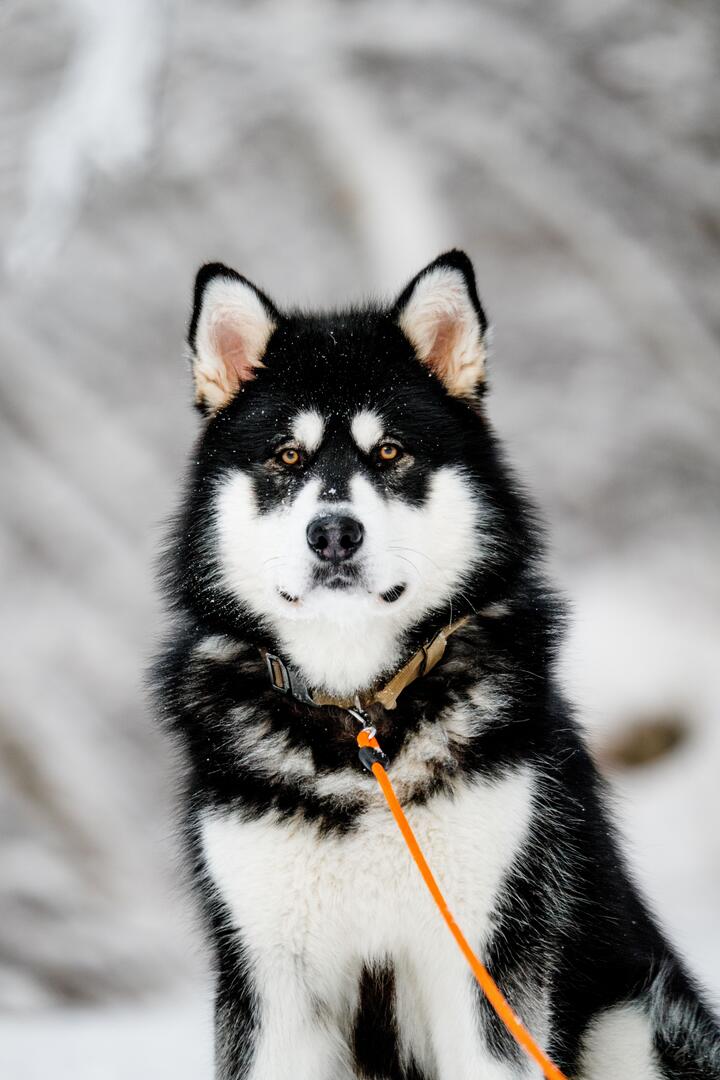 Photo by Till Daling on pexels
Photo by Till Daling on pexelsHaving been bred over-seas for several years, Huskamutes are now becoming more popular in the UK.
The Huskamutes popularity stems from their good looks and gentle temperament that results from the combination of these breeds. Huskamutes are larger than their Siberian husky counterparts (somewhere between the size of a border collie and German shepherd) and have very strong Malamute markings, whilst retaining the ice blue eyes of the Siberian Husky. Ours have the same gentle and loving temperament of the Malamutes, making them ideal family pets. Huskamutes are also good working dogs as the combination of the Malamutes strength and stamina and the Siberian’s speed and agility make them great sled dogs.
Unfortunately, Huskamutes are still not a registered ‘pure-breed’ and as such can’t be Kennel Club registered. With all due respect to the Kennel Club and the excellent work they do, there is little difference between a ‘pure-breed’ and a ‘cross-breed’ and recognition is decided by a small group of people, many of whom describe Huskamutes in a derogatory way, often disregarding them as ‘mongrels’. All ‘pedigree’ breeds of dog have, at some point in their history, been created from crossing different breeds of dog to obtain a dog that is better suited to its work, better looking, or with a better temperament. Since, in our opinion, Huskamutes meet all three of these criteria and therefore comply with the primary objective of the Kennel Club (to promote the general improvement of dogs); we hope that they will one day be added to the ‘official’ list of snow dog breeds.
Living with Huskamutes:
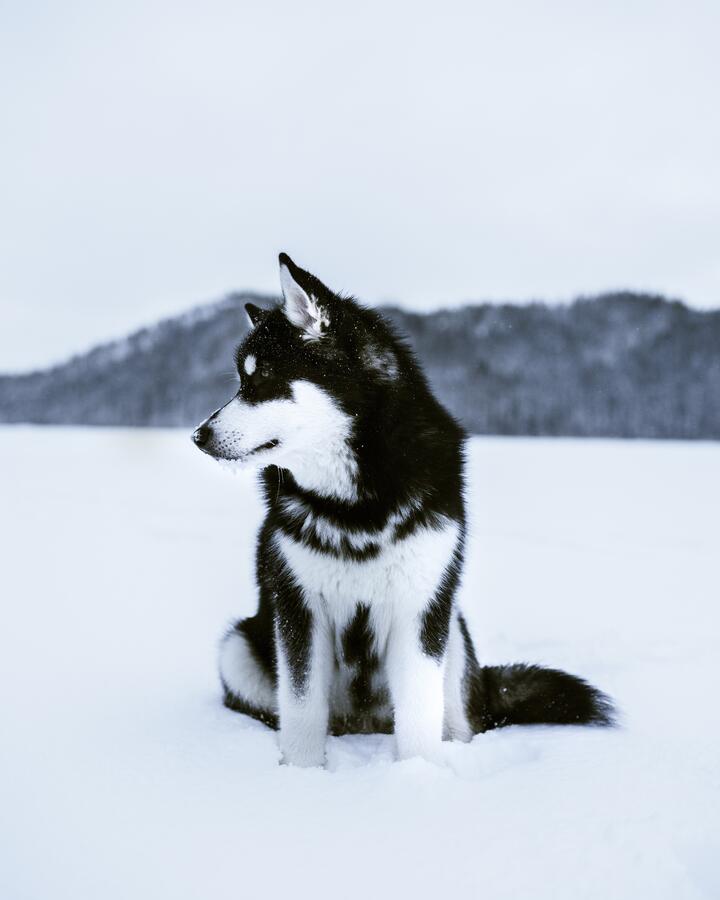 Photo by Till Daling on pexels
Photo by Till Daling on pexelsWe’ve found that Huskamutes make great family pets; they have gentle temperaments and their intelligence makes them quick to learn. The following points are worth knowing:
How easy is it to train Husakamutes? Huskamutes are reportedly easier to train then Siberian Huskies, their intelligence and eagerness to please certainly make them very trainable. However, due to their ‘pack-dog’ origins, they can be stubborn from time-to-time (as seems to be the case with most sled dogs). We would, therefore, recommend attending regular puppy/dog classes from as young as possible – this certainly works well for us and was very enjoyable for both us and the dogs. Don’t panic though – they might not be the ideal 1st dog, but anyone with experience in owning other breeds such as collies, German shepherds, spaniels, etc. will be just fine. Remember different dogs are good at different things; don’t expect your Huskamute to be better at retrieval exercises than all the Labradors in his puppy class, and they won’t do as well as the collies at obedience and heelwork, but ours do stays and downs very well (I think it’s in their pack-dog nature to be quite trusting of you) and, if you convince your puppy class to do a sled pulling or tug-of-war exercise, you’ll have the best dog in the class by miles!!!
Do they need a lot of exercises? Yes, but not significantly more than other dogs of their size. We find that 30-60minutes walk a day is fine with a long walk or two on the weekends. Like all types of husky, Huskamutes love to run; we have harnesses for ours that allow them to pull us through the forest on mountain bikes. Other people get involved in Cani-cross (cross country running with your dog) or even join a British husky team (there are surprisingly many around), but as long as they get a good amount of exercise and stimulation they’ll be great. They tend to let you know if they’re not exercised enough, normally by digging up your plants or ‘unmaking’ your bed!
I’ve heard I can’t let huskies off the lead, is this true for Huskamutes?
This is a contentious issue. In theory, any dog should be OK off the lead if it is well trained to recall. It is probably true that the snow dogs love of running and a high degree of ‘chase’ make them potentially less likely to recall well, but it very much depends on the dog and the situation; ours would be fine in an enclosed area or well-fenced footpath, but we choose not to let them off in the New Forest because there are no fences or boundaries and they have a tendency to chase deer, of which there are many!
Do they molt? Yes. Once or twice a year – normally coinciding with changes in the weather. However, in our experience, it’s all over in a couple of weeks and regular brushing helps remove their thick undercoat without letting if spread throughout the house.
Do Huskamutes get on with strangers, children, or other pets?
Like any dog, this very much depends on the way they are brought up, but we would say absolutely yes! Their temperament makes them very friendly to anyone that they meet – part of sled dog tradition is the breeds are bred to get on with and work with, any human the meet, so they are not one-man dogs; they will love everyone, to the extent that they’d sooner greet burglars with a lick and show them around the house than chase them off! Ours have been used to socializing with new people, dogs, and our cat, since they were young and we’ve never had any issues – we hope this picture illustrates that (and no, it wasn’t posed – they were lying like this when we walked in the room)!
Huskamute – an adorable and intelligent Dog
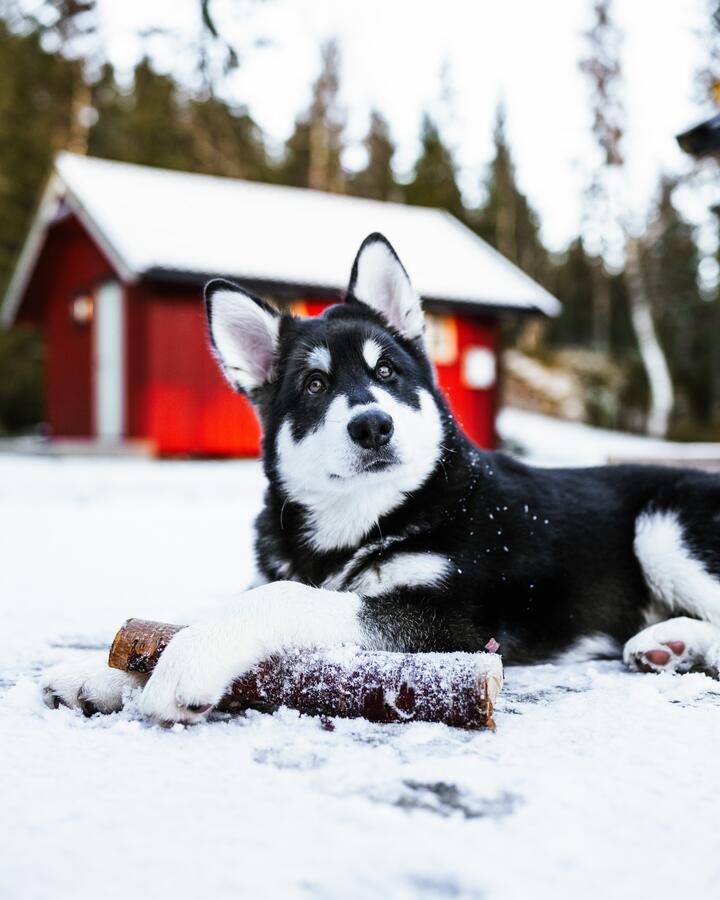 Photo by Till Daling on pexels
Photo by Till Daling on pexelsThe huskamute is an adorable and intelligent breed that makes a great pet for a family. Its gentle temperament makes it easy to train, and its pack-dog origins make it a great choice for families. This cross-breed of the Samoyed and Siberian husky is also a good choice for people with children and other pets. Although the Huskamute is a crossbreed, it has the same temperament and overall size as its parent breeds.
Huskamutes are a highly intelligent and active breed, so they need regular exercise and mental stimulation to stay happy and healthy. Because they are highly energetic and love to play, you will need to spend time with them every day. They also benefit from stimulating toys and training, which can prevent them from getting bored and becoming destructive. So, it’s important to take the time to train your new friend before bringing him home.
The Huskamute is a very active dog. The double coat is very soft and fluffy and can last for hours. This breed requires at least 90 minutes of daily exercise to maintain its high energy level. A typical husky needs to spend about an hour a day playing, while a huskamute can easily spend all day playing and romping around. Keeping your dog entertained and happy is the best way to make sure your Huskamute has the best life possible.
The Huskamute is an intelligent breed that is easy to train. While it can be stubborn at times, the Huskamute is highly social and does well in homes with other dogs and children. They shouldn’t live in a house with small furry animals. They also do best with other dogs. In addition to other dogs, the Huskamute is a great choice for families with children. They can get along well with other pets and should be socialised from a young age.
A Huskamute is a great pet for people who want a playful dog. The Huskamute is very energetic and will happily play for hours. As a result, the breed is very active. If it’s occupied, it will be bored and may even start to chew things, so it’s important to keep it entertained. A Husky’s life is very similar to a Huskamute.
The Huskamute is a very intelligent dog, and it needs a lot of exercises to stay happy. It loves to play with toys and can spend hours playing with them. Because of their intelligence, Huskamutes need plenty of exercise to stay healthy. They should be kept in a household with other dogs, and not with small cats or small furry animals. A huskamute is a very good companion for a family with children and other pets.
The Huskamute is a smart dog that will thrive in a home with children and other dogs. They are generally good with children but are not recommended for homes with small furry animals. While Huskamutes can be a great pet for families, they can also be challenging. The Huskamute is a very strong-willed breed that needs consistent training. The owner should be prepared to invest a lot of time into socializing the dog, as the Huskamute will need to be supervised.
The Huskamute is a very intelligent dog and will have a high tolerance for strangers. They are good with children and other pets. They love to play with other pets and will do well with children. They can be very affectionate and can make excellent companions. A huskamute should be kept away from dogs that are aggressive and have an attitude of curiosity. They will be happy and playful with everyone in the household.
Huskamutes are high-energy dogs that need daily care. They love people and are great companions. They are extremely active and can play for hours. Because of this, they need toys and mental stimulation in order to be happy and content. As with all dogs, they need to be socialized from a young age. If they live with small furry animals, they should be housed separately from the other dogs.
Although the Huskamute is not a ‘pure-breed, it is an attractive dog with a gentle temperament. They are slightly bigger than a Siberian husky and are usually between a border collie and a German shepherd in size. They have the ice-blue eyes and strong markings of both breeds. They are excellent working dogs and will make a great companion.
Alusky Health Problems and How to Avoid Them
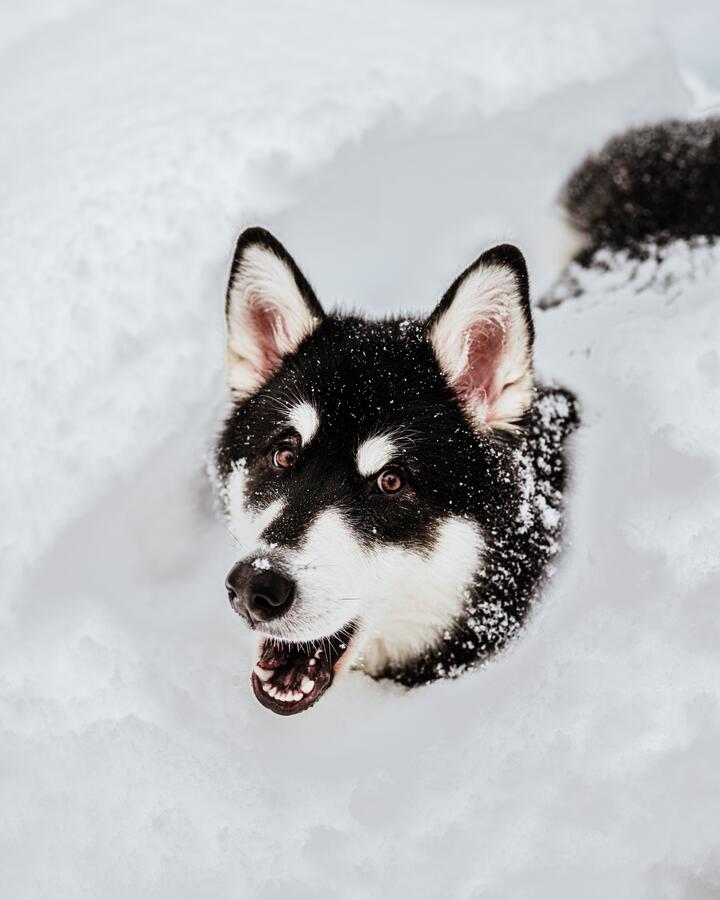 Photo by Till Daling on pexels
Photo by Till Daling on pexelsThe Alusky is a relatively new designer dog and is a descendant of the Goldendoodle. However, their physical characteristics can vary from one parent to the next. This breed is extremely obedient and needs to be handled and trained daily. This article will outline some of the most common health problems and how to avoid them. You should also read about Alusky’s temperament and personality. Here are some tips to get your new puppy off to a good start.
The Alusky is a smart and intelligent dog. This breed does not like other dogs, so it is a good choice for families with young children. It loves to spend time with the younger family members. This breed needs to be socialized from an early age and should have regular playtime. It is a hard-headed dog, so proper training is essential. Nevertheless, this dog will need consistent, firm instruction from its owner.
The Husky is a good pet for families with children. However, it takes some time to adjust to small children. This breed is incredibly protective and loyal, and will become an indispensable part of the family. A good Alusky will have a very good memory, so he’ll never forget any unpleasant experiences or treatments. The Alusky breed is a fantastic search and rescue dog and will make a great family member.
A friendly, social dog, the Alusky is a good companion. They get along well with children and other pets, but they aren’t suitable for apartments or flats. While this breed is generally friendly, it has strong hunting instincts, and can be aggressive towards small animals if they are not socialized properly. Regardless of their size, the Alusky is a fun and adorable addition to any household. Its name, “Alpha,” comes from the Greek word for “wolf”, which means ‘wolf’ in Greek.
The Husky is a large, powerful dog that can grow to around 30 pounds. As with most large breeds, the Alusky will need a large space to exercise and play. The breed is good with children, but they are best raised in homes without young children. The Alusky is a good companion for families with children, but it may be unsuitable as a guard dog. It will not tolerate loud sounds and is sensitive to loud noises.
The Husky is a highly intelligent dog with a high energy level. It needs plenty of exercise and mental stimulation to thrive. A large, secure yard with a fence is ideal. If it’s too cold or too hot, the Alusky will dig holes in the yard or eat the couch. Providing an outdoor space for the Alusky is an important part of caring for this breed. This canine will need to spend time outside, as it is a very active breed.
See also 23 interesting and fun facts about dogs
- WildlifeWhat Is Frogs’ Diet?
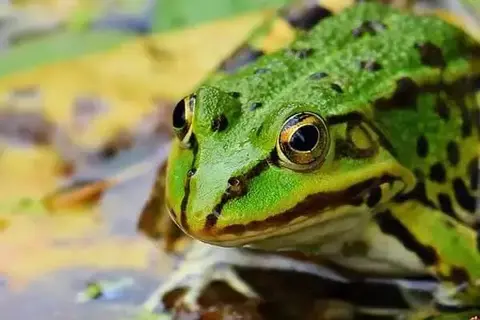
- DogsDogs That Dig FurnitureBy Amelia B

- BirdsWhat Is A Food Of Owls?By Amelia B
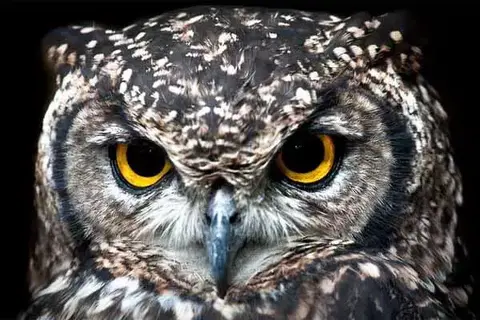
- WildlifeSeahorse Fun FactsBy Khai Dove
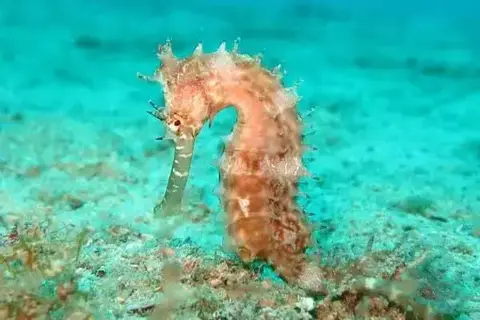
- WildlifeWhat Do Crabs Eat In The Ocean?By Karla Miller
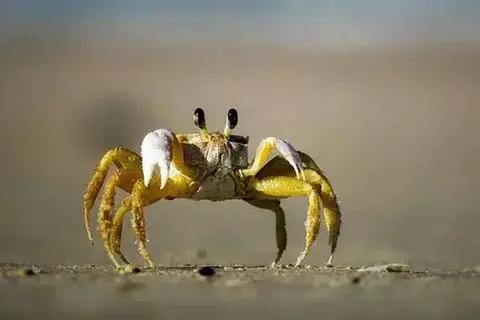
- BirdsWhich Hawk Is The Largest?By Khai Dove
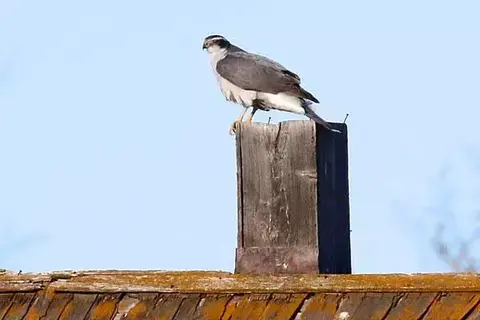
- WildlifeWhat Is The Elephant’S Weight?By Charlotte Green

- Wildlife27 Interesting Facts About GorillasBy Khai Dove
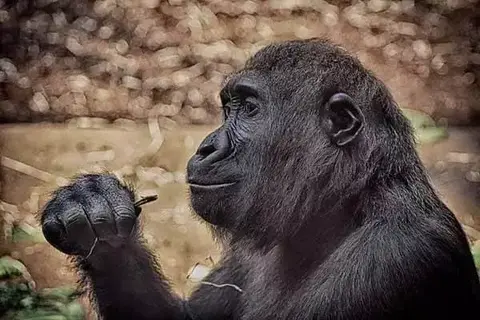
- DogsHow To Choose Dog Shoes For Walking?By Khai Dove
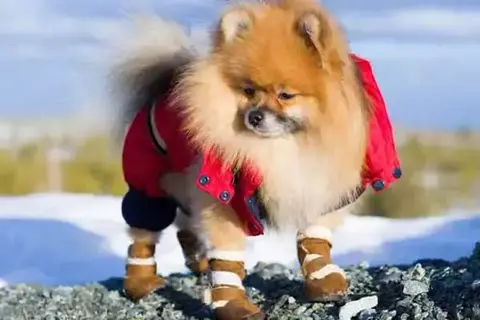
- WildlifeInteresting Facts About White TigersBy Noah Young
